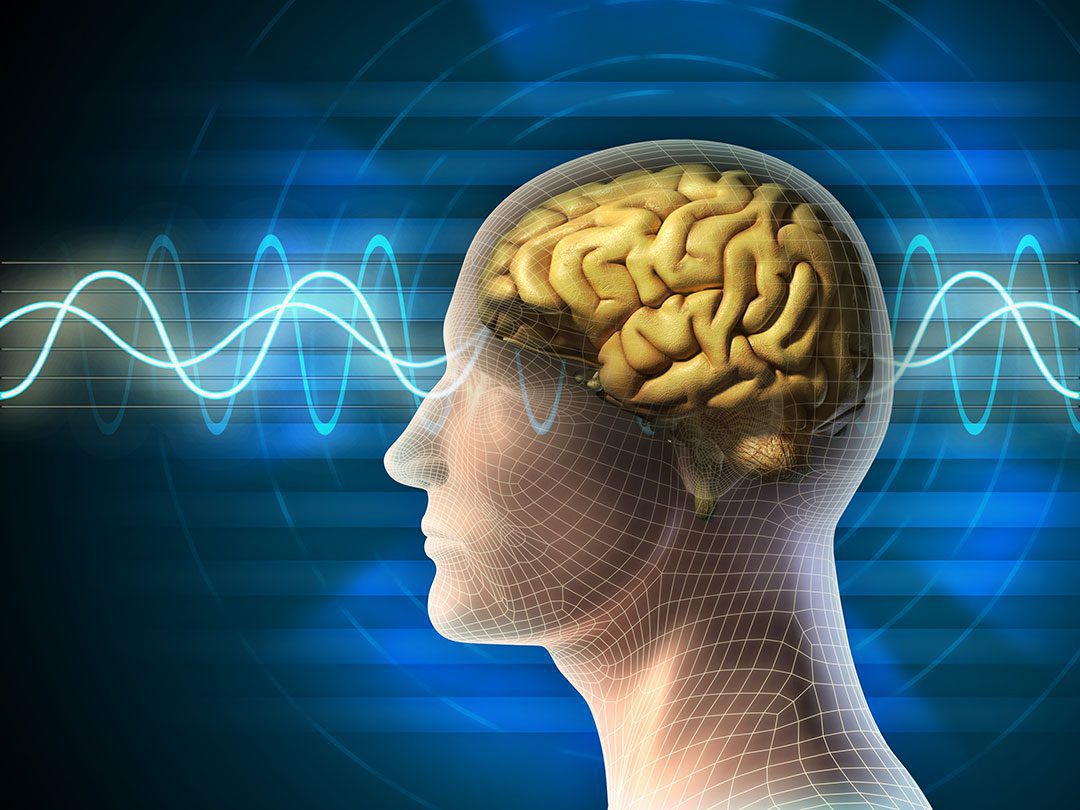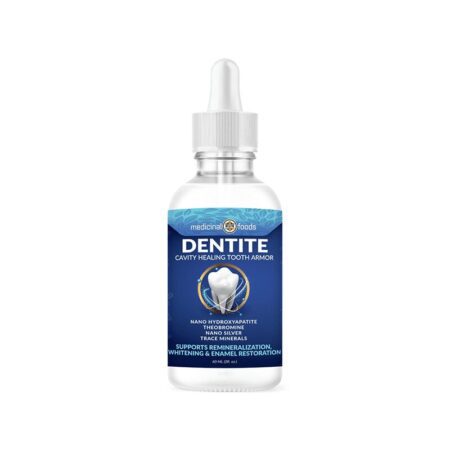As humans age daily, our body becomes susceptible to certain diseases and anomalies. One of such common anomalies is having a calcified pineal gland.
This may sound foreign, but old-aged people mostly battle this.
What is calcified pineal gland?
The glands are one of the essential structures in the human body. There are different types of glands. They are responsible for producing chemical substances called hormones.
The pineal gland is one of the most important endocrine glands in the human body. The pineal gland helps receive information about the light-dark cycle from the environment, later transferred and translated to produce melatonin hormone.
It controls the sleeping pattern and quality (plays an important role acting as internal body clock), allows passage of water gas, and aids the cognitive process. It is often regarded as the "Seat of the Soul."
It resembles a small pine cone shape structure, and it is located in the center of the brain. The adrenergic nerves adequately supply it. This nerve is sensitive to the adrenal hormone called epinephrine.
However, this gland is prone to a pineal gland calcification disease or anomaly. Pineal calcification happens when the pineal gland is filled with calcium deposition in the human body.
It happens when calcareous deposits accumulate in the connective tissue of the pineal gland stroma. The gland may develop calcium spots in some rare cases, which accumulate to form hard calcareous shells.
This often happens because the blood-brain barriers do not fully protect the gland from the body.
Common Causes of Pineal Calcification
According to research, most pineal calcification is caused by excessive exposure to environmental rays and other mutating factors. This later induces a decrease in the production of a hormone called Melatonin.
Note that the reasons stated below are mere assumptions and speculations made by several scientists.
Aging
Researchers gathered that aging might be an inducing factor causing calcification of the pineal gland. Though pineal gland calcifications have been found in infants in rare cases, which supports that aging may be causative, this justifies why the sleep cycle is often altered and disrupted as humans age.
Metabolic activity
There are speculations that pineal gland calcification can be caused if the rate of the metabolic activity of the gland is high.
Chronic Anomaly conditions
Some theories assert that chronic anomaly conditions like migraines, Alzheimer’s disease, schizophrenia, and kidney disease are prone to developing pineal gland calcification.
High amount of calcium intake
Calcification is mainly caused by the accumulation of calcium deposits in a certain organ, tissue, or cell in the body (Hypercalcemia). When the level of calcium deposits and its metabolism is high in the bloodstream, it can cause calcification of the pineal gland.
Injury to the brain (Hypothalamus)
The pineal gland is intimately linked to the brain, particularly the hypothalamus. The hypothalamus is a small region responsible for releasing hormones and regulating body temperature.
Any injury or anomaly to this part of the brain can cause pineal gland dysfunction, leading to calcification.
Calcified Pineal Gland Symptoms
Calcification of the pineal gland occurs in different stages, and it shows so many symptoms in the body. The symptoms include:
Alteration in sleep cycle or sleep disturbance (Insomnia)
This is one of the common symptoms of pineal gland calcification. When the gland is calcified, it induces a decrease in the production of a hormone called Melatonin [Good-sleep hormone].
The main function of Melatonin is to aid the sleeping cycle and ensure quality sleeping. When the gland calcifies, there will always be an alteration or disturbance in the sleep cycle.
Your sleep rhythms may be "off," such as feeling sleepy during the day or awake at night or having some form of anxiety while sleeping at night.
Alzheimer’s disease
According to researchers, Alzheimer’s disease patients are likely to be suffering from pineal gland calcification. Alzheimer’s disease [Dementia] is the gradual deterioration of the human cognitive process caused by environmental factors and an unhealthy lifestyle.
It often happens to people in their middle or old age, when the hypothalamus part of the brain begins to degenerate. It causes memory loss, confusion, and disturbance in quality sleep.
Accelerated aging process
This is another sign often shown by old-aged people suffering from pineal gland calcification. The major hormone secreted by the gland, Melatonin, acts as a powerful antioxidant and offers a protective function to the tissues in the human brain.
Due to the lack of Melatonin, the gland becomes calcified. The aging process will be accelerated, followed by weight loss, cardiac malfunctioning, Parkinson’s disease symptoms, high blood pressure, and others.
Intestinal anomaly symptoms
Mild pain, hyperactivity, hot flashes, palpitation of the heart, morning anxiousness, and depression are associated with pineal gland calcification.
Low generation of heat and energy
The gland is essential as it secretes two important hormones, namely, thyroid and Melatonin. Both hormones can generate energy and heat in the human body system (converting thyroxine to active triiodothyronine) and stimulate the production of another hormone.
The production of these two hormones is hindered when the gland is calcified, which causes hypothyroidism and low generation of heat and energy.
How to Tell If Your Pineal Gland is Calcified
Sleep problems are possible as a consequence of calcification. Insomnia or excessive daytime drowsiness are common symptoms.
Calcification of the pineal gland may accumulate. In healthy people, calcification in the pineal gland is typical. On the other hand, excessive calcification might prevent the gland from operating normally.
Because the pineal gland is linked to the hypothalamus, diseases of the hypothalamus, such as cancer or tumors, can cause pineal gland failure. Tumors of the pineal gland are uncommon, although they may influence pineal function.
Circadian rhythms are altered as the most apparent symptom of this topic. It might also indicate sleeping too much or not enough, feeling active and restless throughout the night, or being drowsy at random times.
Some other symptoms of this topic include the following:
Osteoporosis
Nausea, vomiting, headache, or tremor
Difficulty with a sense of direction
Mental health problems, particularly seasonal symptoms
Changes infertility, menstrual cycle, or ovulation
Decalcification of Pineal Gland
A calcified pineal gland is curable and, with proper decalcification, the method can still assume back to its normal functioning.
Avoid excessive intake of calcium and fluoride
The leading causes of calcification are the accumulation of large deposition of calcium and fluoride. One of the most effective ways to decalcify your pineal gland is to reduce the intake of calcium and fluoride-containing contents, mostly derived from tap water and tubes of toothpaste.
Reduce vitamin D intake
Vitamin D is an essential vitamin needed in the body, inducing calcification. According to scientists, it causes water loss through frequent urination, leading to calcification.
Exposure to sunlight
The pineal gland needs exposure to function properly. It is activated to function properly by the sun and darkness. It receives direct light signals that induce melatonin production via its photoreceptor.
Conclusion
The pineal gland is essential to keeping a regular daily schedule, which most people take for granted. The body’s natural rhythms would be disrupted without it, and it might not know how to react to changes in light levels correctly.
However, you may choose to consume less fluoride or commercial calcium supplements as a precaution against calcification. There have been no studies to determine whether or how this technique works in humans.


















